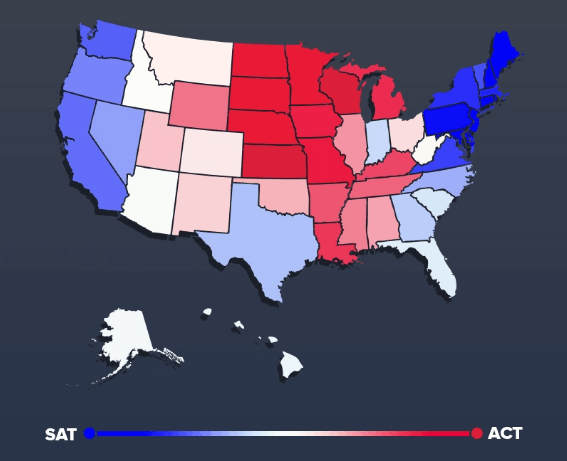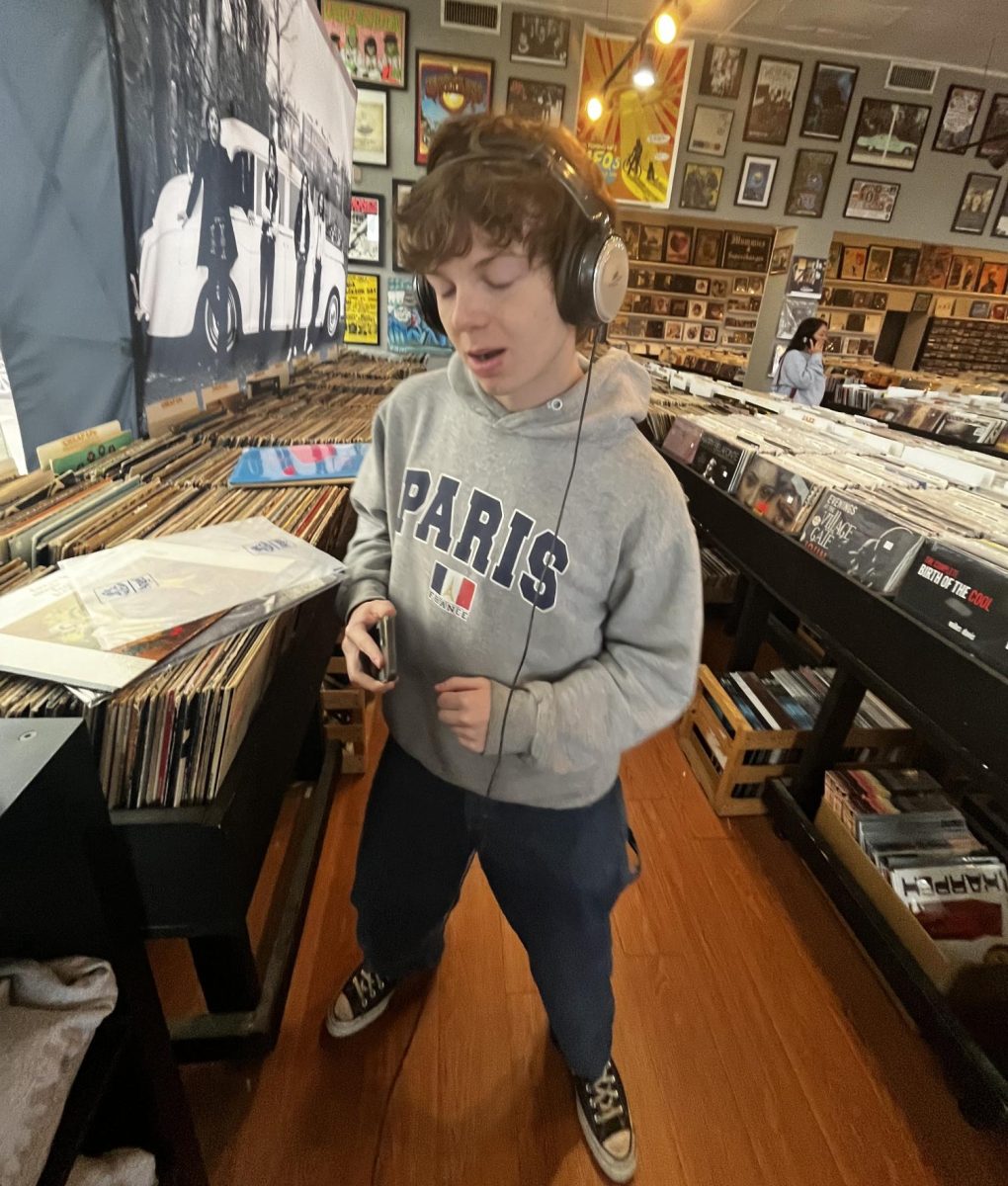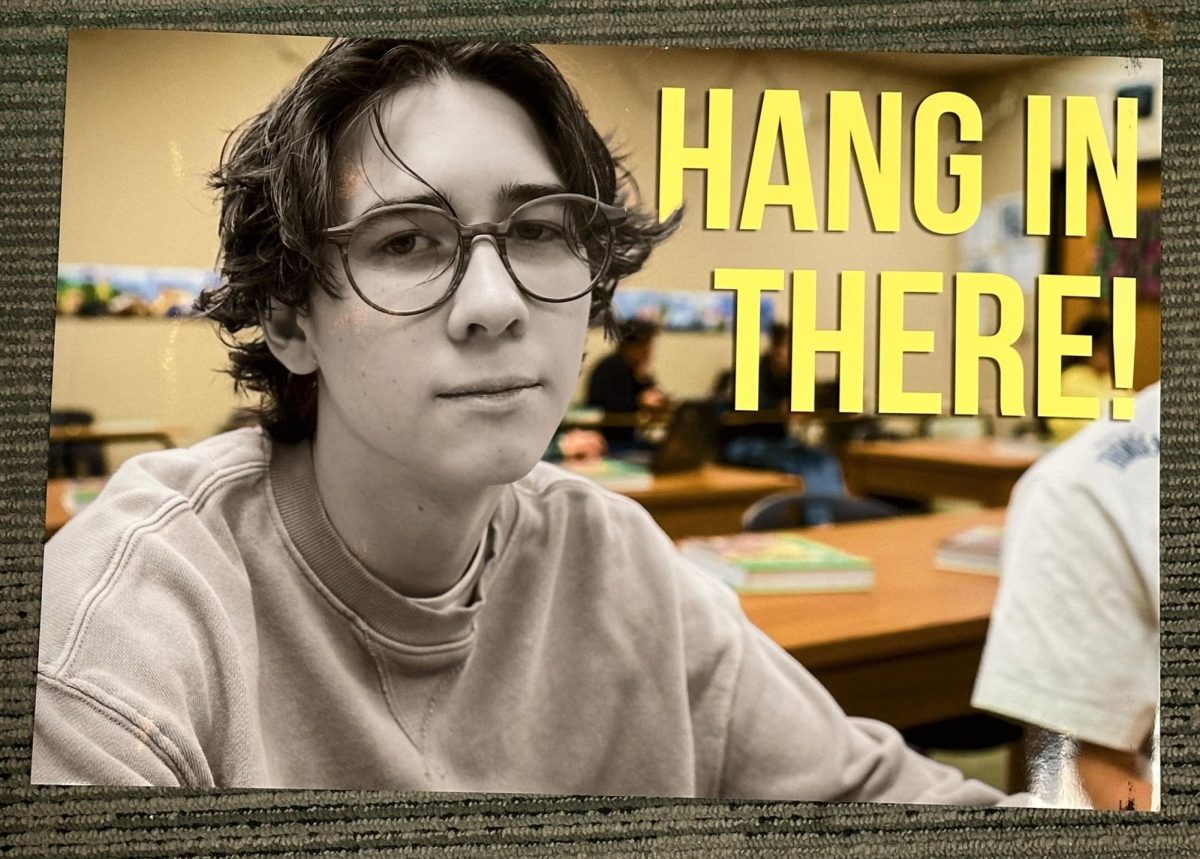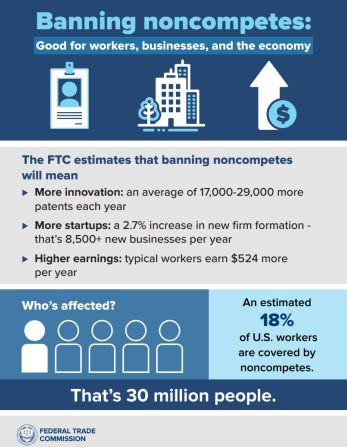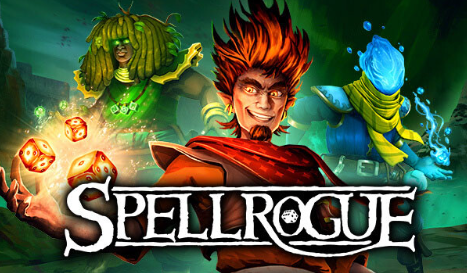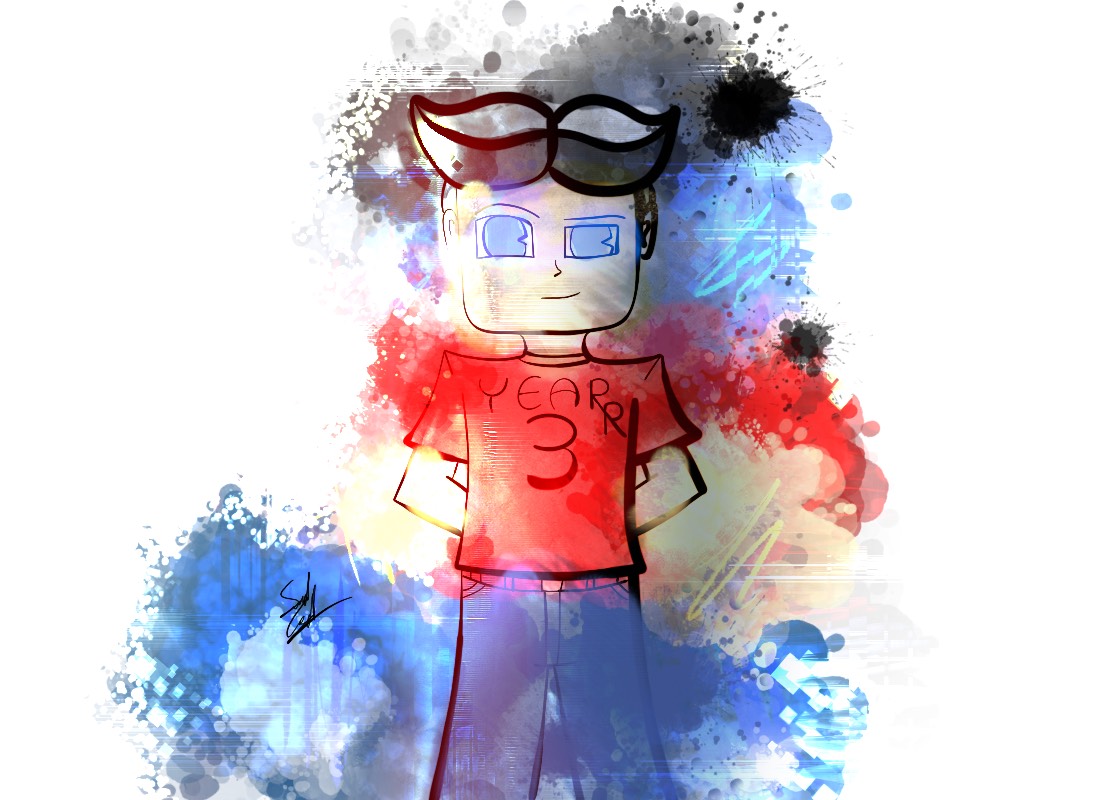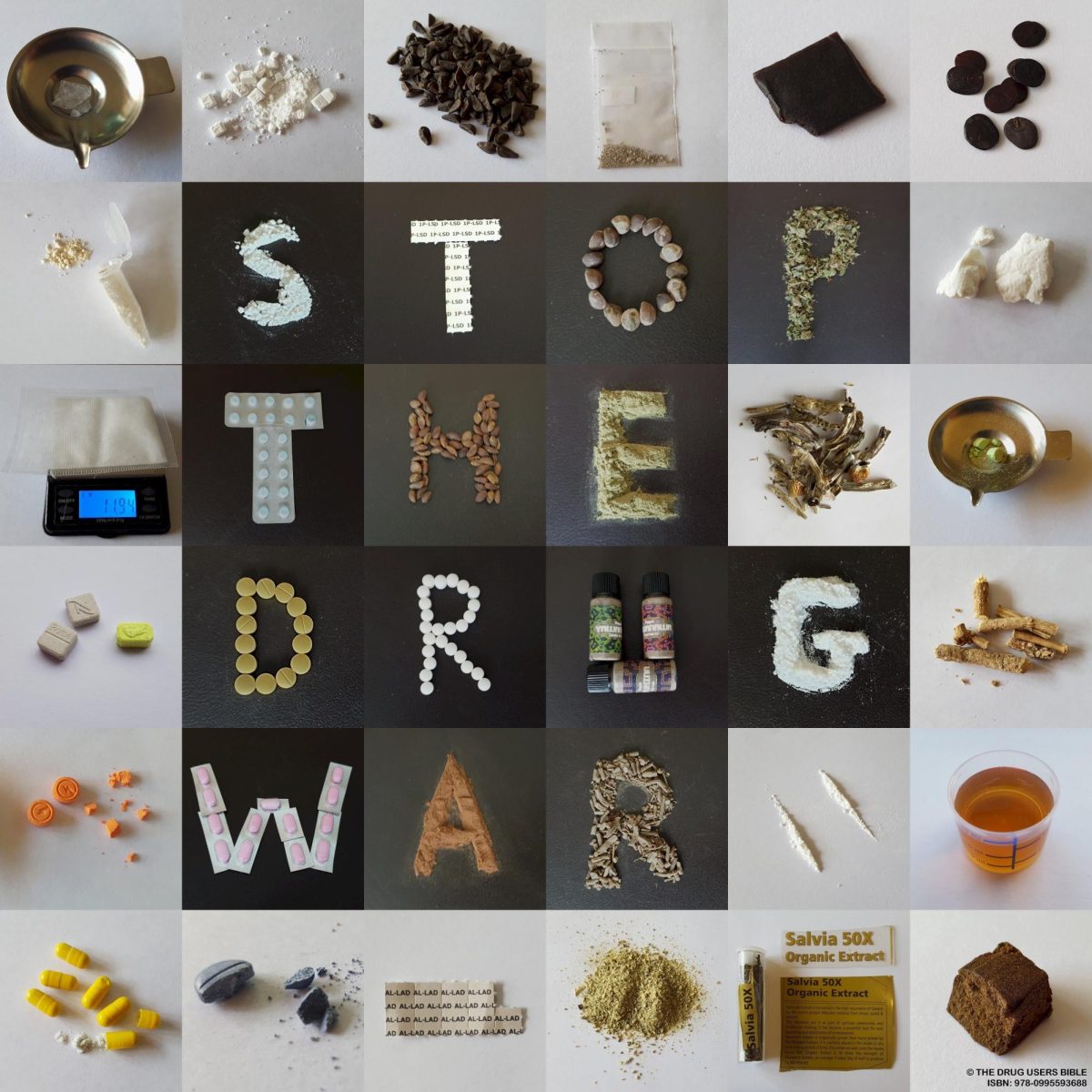In light of the recent death of mental health advocate and film star Matthew Perry, many different questions have arisen about the War on Drugs and what its future may look like.
The War on Drugs, a term coined by Nixon in the early 70s, was launched in hopes of slowing the spread and bringing awareness to America’s evergrowing disease of drug abuse.
At the core of the War on Drugs, the attack method is to destroy all drugs from the source by incarcerating drug traffickers and destroying drug cartel operations. However, what this doesn’t compensate for is supply and demand.
“As the analysis shows, the population growth projection for 2030 translates into a potential increase of 11 percent in the global population who use drugs, with a much greater impact in low-income than in high-income countries,” The United Nations Office on Drugs and Crime said in their World Drug Report from 2021.
Because of the increase in drug use in the global population, the balloon effect is evident in the drug industry.
“The balloon effect describes what happens when a person squeezes some part of a latex balloon, the balloon will bulge out elsewhere. This describes drug crops’ tendency to move to new areas in response to local eradication campaigns,” The National Library of Medicine states in an article titled, “Popping the balloon effect: assessing drug law enforcement in terms of displacement, diffusion, and the containment hypothesis”
An example of this is the crystal meth production in the United States. In the early and mid-80s, the United States began strictly regulating many of the chemicals required to create crystal meth. This caused many larger meth producers to fall out of business, but the unforeseen consequence was that many small-scale operations began popping up across the country. Because of this, more and more regulation laws were passed in hopes of reducing the number of home operation businesses. However, the demand for meth remained the same which led to many Mexican drug operations expanding their reach to American suppliers– Trying to cut off drugs from the supply end will never work.
Another reason that the War on Drugs is largely ineffective is that many of the problems we associate with drug use are actually, coincidentally, caused by the war against them.
By prohibiting drug use, drugs become more and more potent– the more potent drugs become, the smaller the space they can be stored in for a larger price. Restriction over-regulation seems to be at the heart of the issue.
“The drug war causes drugs to be more potent and their quality less predictable than if drugs were legal,” Benjamin Powell, a writer for The Library of Economics and Liberty, said in an article titled ‘The Economics Behind the U.S. Government’s Unwinnable War on Drugs’.
So if the War on Drugs is failing economically, politically, and socially, how can we fix the issue with a different approach?
In the 1980s, Switzerland experienced a large increase in HIV rates because of heroin use. In response, Switzerland opened Heroin Maintenance Clinics where doctors would administer heroin to addicts in a sterile environment with clean needles as a form of harm reduction. The clinics also worked closely alongside social workers to find affordable housing and help manage other aspects of the patients’ lives.
Because of this approach, Switzerland experienced a large drop in drug-related crime and nearly ⅔ of the patients in the center were able to attain jobs. Even today nearly 70% of heroin addicts in Switzerland receive treatment, and HIV rates and heroin overdose rates have significantly lowered.
This experiment goes to show that by deciding to take a harm-reduction approach to the War on Drugs rather than utilize a hardline policy, people are able to receive help in a cost-efficient way that uplifts citizens’ mental health and promotes healthy behavior.
Who knew treating human beings like human beings leads to a better outcome?
“Alone you lose to the disease,” Matthew Perry said on a Good Morning America interview.




